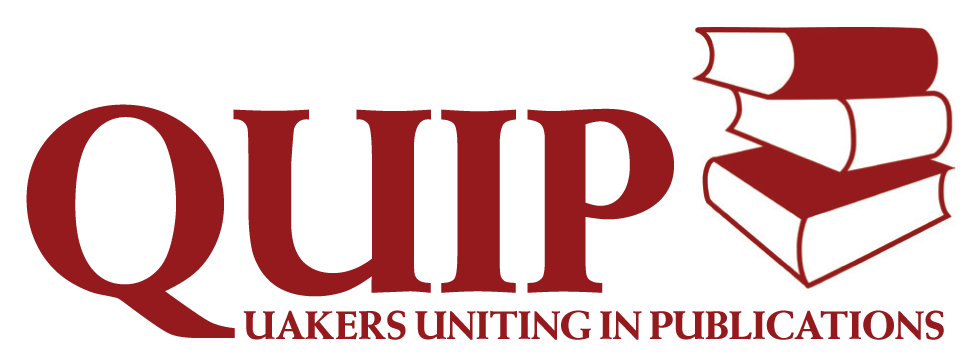 by Douglas Gwyn
by Douglas Gwyn
A well-known Quaker historian explores the qualities of Quaker faith and practice that contribute to living sustainably in the world today. He explores such paradoxes as equality and community, unity and differentiation, integrity and personal discernment, and other aspects of life that Quakers have worked to bring into balance through their 350-year history. How have Quakers learned to create the kind of individual and community life that can prepare us to live fully and responsibly into a time of social and planetary change?
QuakerPress of FGC 2014
Paperback
210 pp
ISBN:1-937768-55-4
A short excerpt
The Covenant of Light
by Douglas Gwyn
Living more consistently attuned to the light/seed, we become more faithful to a presence that abides faithfully with us. We are befriending God, who is ready to help us and heal our lives, but who respects our freedom and must be actively invited into our lives. This is the beginning of life in the covenant, a very open-ended set of relationships that play out in three dimensions.
First, an open-ended relationship with God. Quaker faith and practice is rooted in a living experience and deep understanding of Christ. But the light we understand as Christ abides in people everywhere. Jews, Muslims, Buddhists, Hindus, pagans, non-theists, atheists—all have access to this transforming, enlightening, saving presence. They will name it with whatever terms are available and meaningful to them. Creeds are counter-productive, even to Christian faith. They turn participation in the life of God into propositions about God. Not only do creeds rule out people who don’t have the “right answers,” they also invite hypocrisy when Christians mouth beliefs they don’t understand or secretly doubt. So an open-ended relationship with God is participation in a reality we cannot fully understand or set boundaries on.
Second, an open-ended relationship with others. The more attuned we become to the light within ourselves, the more we recognize it in widening varieties of people. Our belief that the same light enlightens all kinds of people invites new friendships, mutual respect and cooperation between women and men, different races, classes, and cultures. It prohibits us from resorting to violence – physical, verbal, emotional – to solve our conflicts. We seek to befriend the stranger, even the enemy, in the search for a peaceful life together. Friendship is a polymorphous form of relationship that bridges social boundaries and subverts hierarchies of all kinds. Friendship is patient listening, waiting for the truth of the situation to emerge through dialogue. We live the covenant of light by extending friendship toward others. Widening experiences of friendship naturally lead us into community action and political advocacy to ensure the full rights and privileges of all members of society, to promote alternatives to violence, to oppose war.
Third, an open-ended relationship with the earth. Befriending God within ourselves and “that of God in every one” is an embodied life. It is spiritual practice that locates the divine presence in our bodies. It is also material practice that leads us to live peacefully and equitably with others – and to live more simply on the earth. Quaker spiritual practice is primarily non-verbal. When we suspend language and quiet our minds, we not only become more centered in our bodies. We also feel more distinctly our relationship with the earth and its species of life. We become better stewards of God’s creation, befriending the earth and its creatures. We become less “territorial” – physically, emotionally, economically, culturally and religiously.
